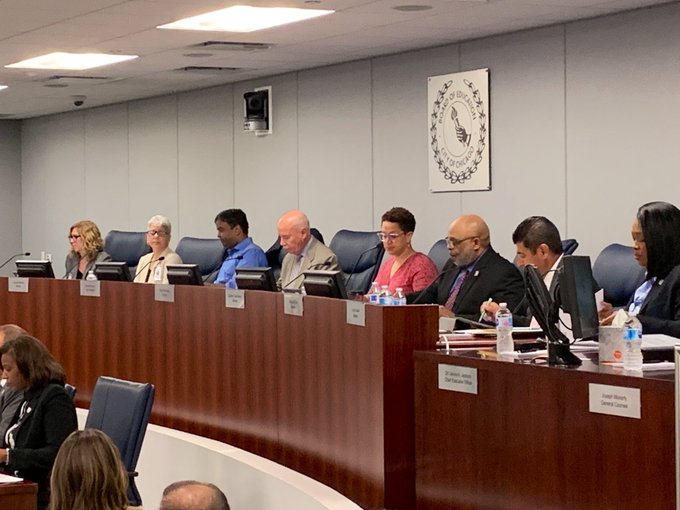Slaying Goliath: The Passionate Resistance to Privatization and the Fight to Save America's Public Schools
Diane Ravitch writes of those who have privatized the schools, the Disrupters, who believe America's schools should be run like businesses, with teachers incentivized with threats and bonuses, and schools that need to enter into the age of the gig economy in which children are treated like customers or products. She writes of the Koch brothers, the DeVos family, the Waltons (Walmart), Eli Broad, Bill Gates, Michael Bloomberg, Mark Zuckerberg, and many more, on the right and the left, as well as corporations, foundations, etc., intent on promoting the privatization of one of our most valued public institutions.
Ravitch lays out, in extensive detail, the facts showing that the ideas put forth by school privateers have failed; that their promises of higher test scores have not come to pass; that the "great hope" of Common Core has been a dud.
Arrayed against these forces, Ravitch writes of the volunteer army--"the Resisters"--that has sprung up from Seattle, Texas, and Colorado, to Detroit, New Orleans, and Buffalo, New York--parents, teachers, grandparents, students, bloggers, religious leaders, brave individuals, who, spurred on by conviction, courage, determination, and the power of ideas and passion, are fighting back to successfully keep alive their public schools.
Amazon.com: Slaying Goliath: The Passionate Resistance to Privatization and the Fight to Save America's Public Schools (9780525655374): Diane Ravitch: Books










/cdn.vox-cdn.com/uploads/chorus_image/image/63939775/CPS_060419_11_copy.14.jpg)





